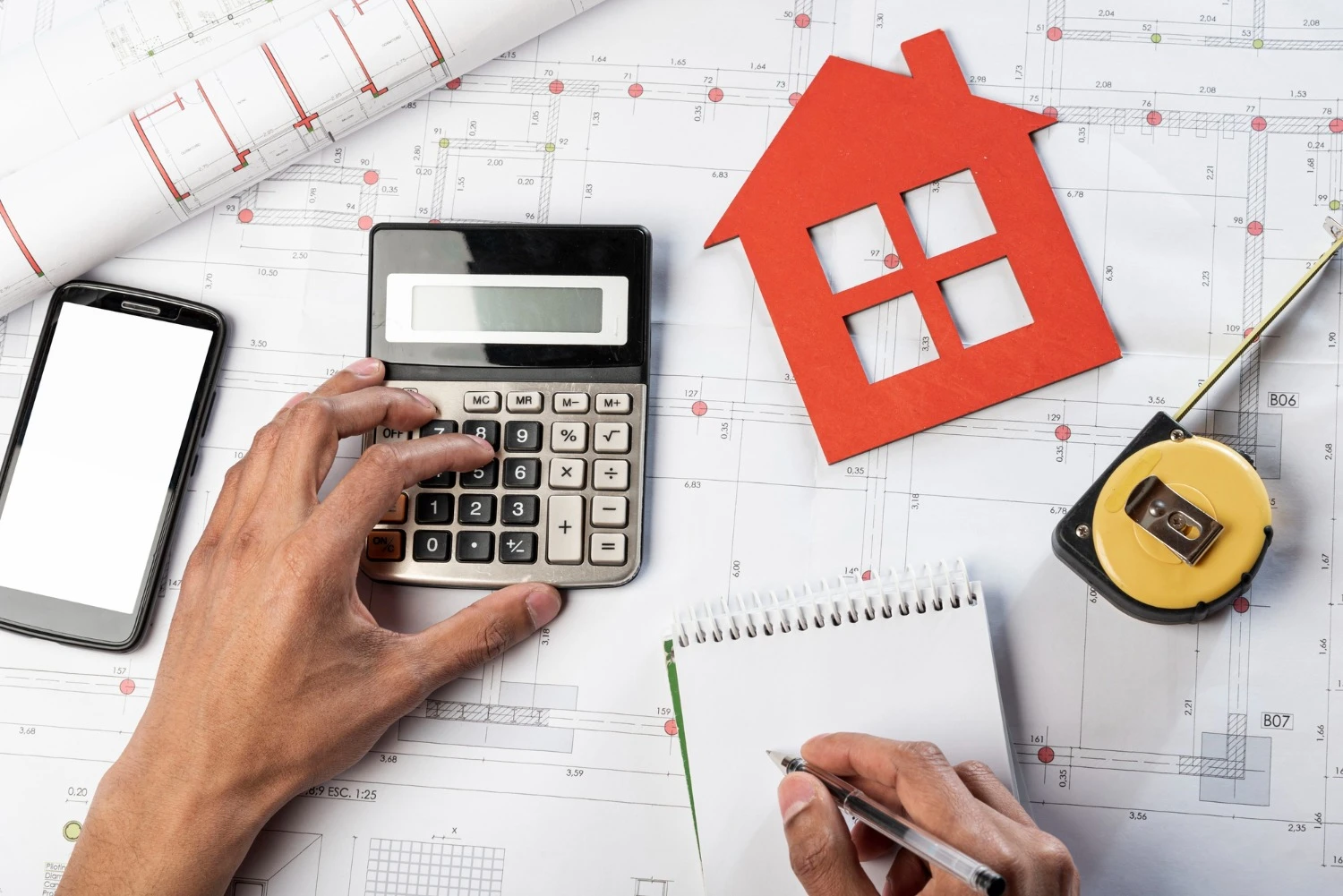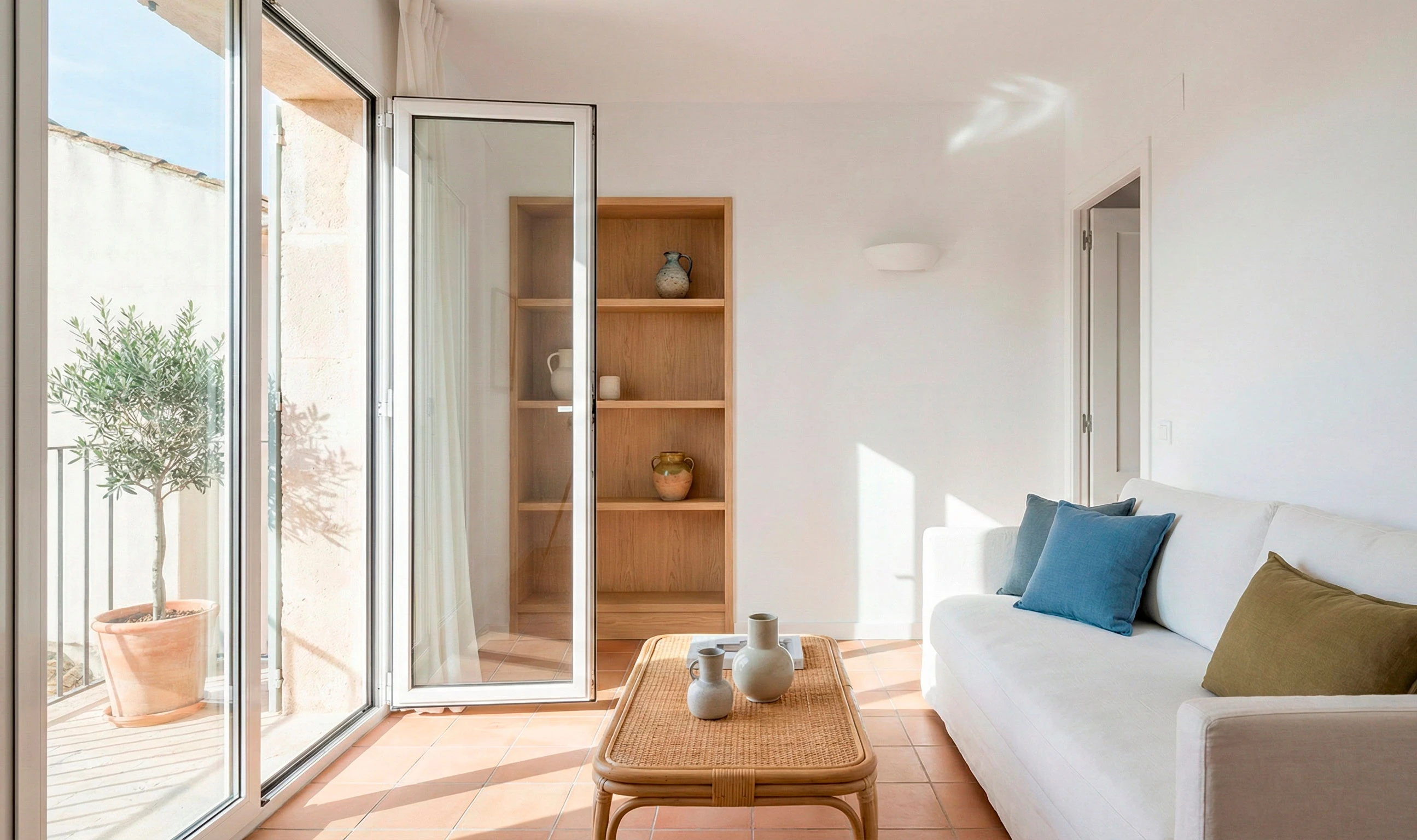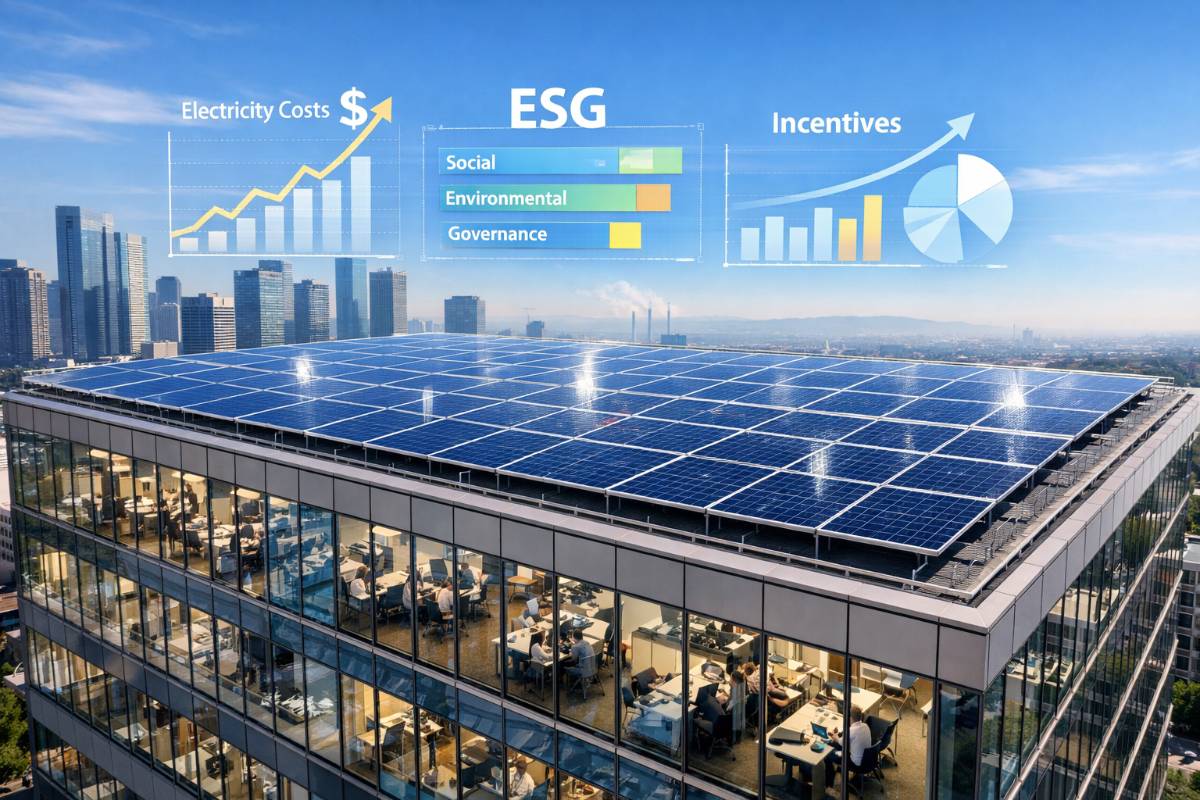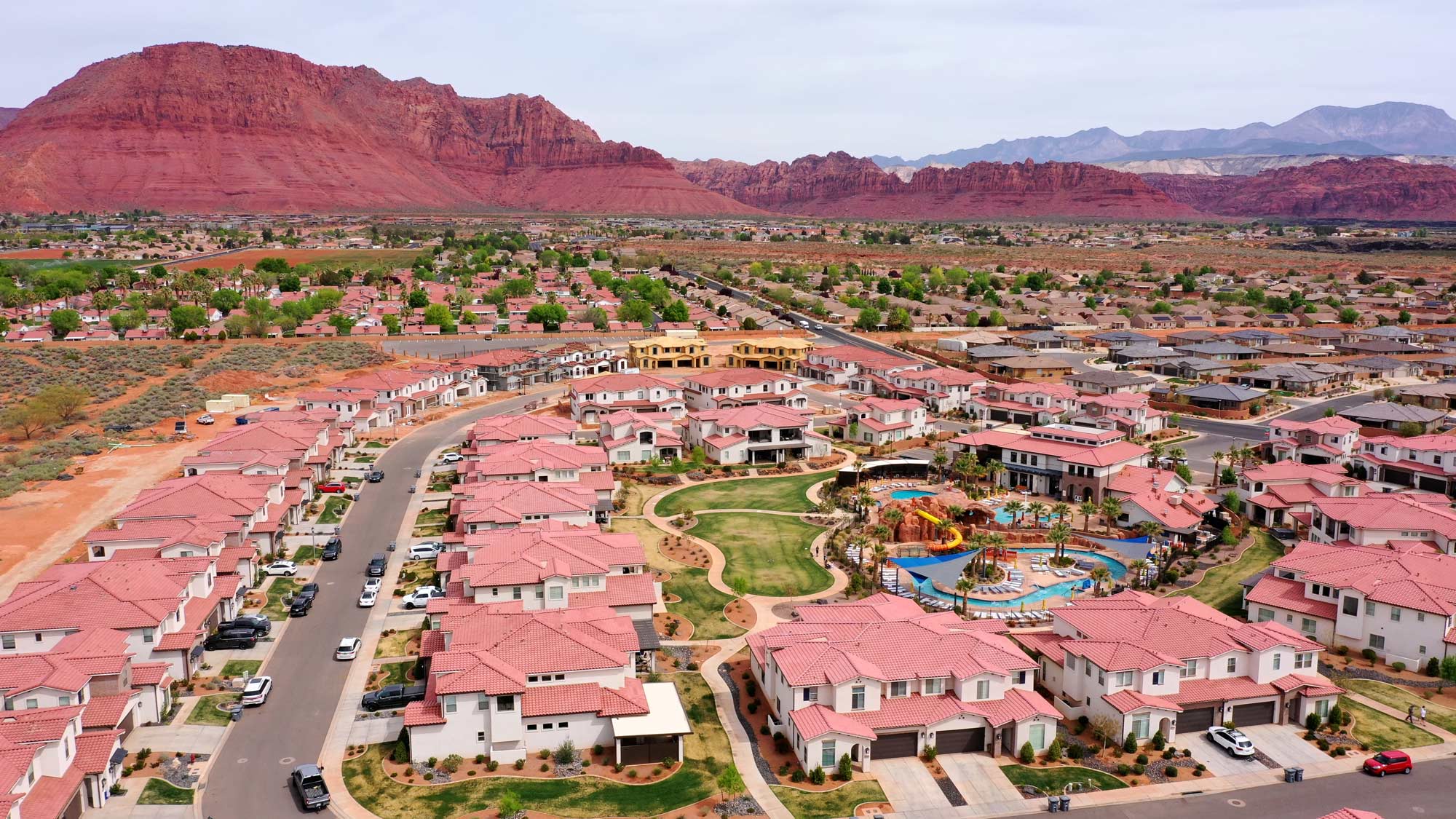
I have several long-term rentals and several short-term rentals. The question is why don't I rent all
of them long-term or rent them all short-term? What are the pros and cons? How do you decide which
way to go? What is best for Utah's market real estate market.
Pros of Long Term Rentals
So let's go over the pros and cons of going long-term rental versus short-term rental. We'll start
with the pros of each. On the pros for the long-term side, you have less management, no furnishings
and a more predictable income. You have less management because you have one tenant who pays once a
month. They're probably on a year lease. There's not a ton to do with them. Hopefully, if you screen
your tenants right, that should be the case.
The second thing is you're not worrying about furnishing the property. Typically, long-term rentals
are going to be completely vacant. The tenant has to go put all their stuff in. The only thing you
normally would provide is appliances. Then lastly, the income is very predictable. The monthly rent
is whatever you guys said it is. It doesn't fluctuate. The only way it fluctuates is if they don't
pay. But other than that, your rent is going to be the same every month. That makes it very easy for
you to budget and to know when to expect your check, as long as you have a good tenant, I got to
just make that completely clear. So those are the good things about going long term.
Pros of Short Term Rentals
So let's talk about the good things of going short term. When I talk about short-term rentals, you
guys can choose to rent it however you want. It can be on Airbnb. It could be on HomeAway. It could
be on Vrbo. The thing I have found with putting it on those sites is that each market has a
different site that's the main one for that market. In St. George Utah I'm only on Airbnb. I tried
putting it on the other websites, but it didn't really matter. I was still getting fully booked on
Airbnb. So I just stopped doing it because it was more of a headache to try and maintain all those
sites.
Some of the pros of Airbnb or short-term rental are number one, typically there's a higher income.
Number two, you have the ability to use it. And number three, you have a diversified risk. So as far
as higher-income goes, it is almost certain that you will make more money on Airbnb.
For example, at Paradise
Village at Zion rentals, if I were to rent them long-term, you would be able
to make about $2500 a month on average, but because you put them on Airbnb, you can make $7,500 on
average. That is a huge gap. Now there are other costs that come with that. Now it's not like I'm
making $5,000 extra. You have to pay the cleaners, the property managers, Airbnb, state taxes. There
are other costs that go into it. But even once you factor in those costs, typically you're going to
make a lot more on Airbnb. But that is assuming you're picking the right market. If you're picking a
bad market for Airbnb, you might not.
The second part of that is being able to use it. All of your short-term rentals have the ability to
go book yourself as if you wanted a tenant. If nobody else is using it. That's a big perk,
especially if your Airbnbs are in another city that you really enjoy visiting. That's actually how I
got started an Airbnbs.
The last part of Airbnb that is a very good pro is the diversified risk. What I mean by that is
you're having different tenants every single month. When you have different tenants every month,
you're not worrying about whether this guy loses his job or not. You're not worried about evictions.
They're only staying there short term and you're having multiple people every single month. We've
never had to kick anyone out of an Airbnb. We've never had to go try and get our money. It instantly
goes to you from Airbnb after they stay. Now, granted they can file complaints or cancel the
reservation or things like that. No business is perfect. But as a whole, I think it's a little less
risky because you're not dependent on one tenant making that one payment every month.
Explore Utah Real Estate
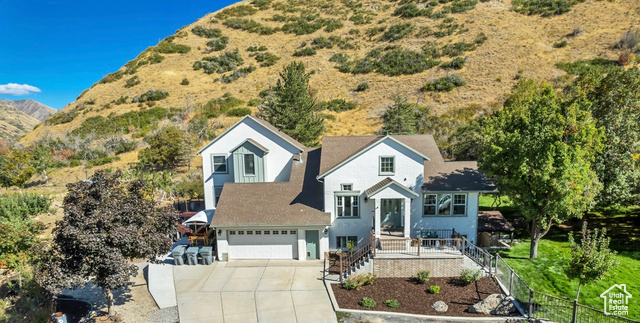
24 QUIET MEADOW LN, Mapleton, UT
$1,235,000
Bedrooms: 4 Bathrooms: 6 Square feet: 4,771 sqft
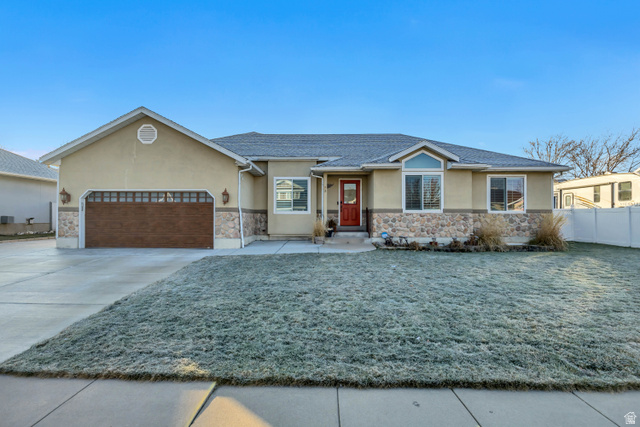
83 W 850 S, Centerville, UT
$815,000
Bedrooms: 5 Bathrooms: 3 Square feet: 3,999 sqft
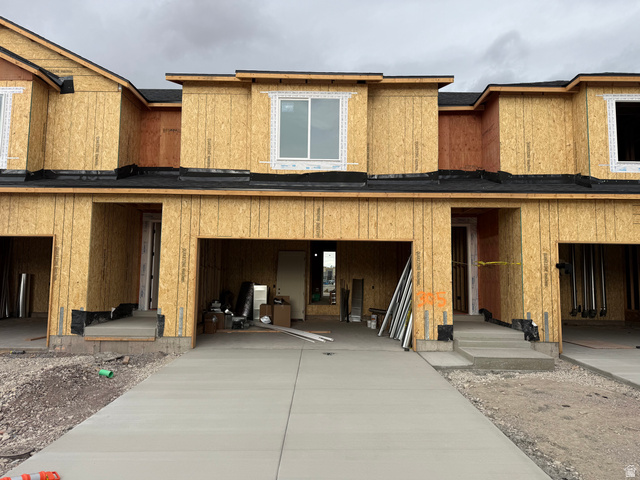
653 E RYEGRASS DR #305, Eagle Mountain, UT
$387,900
Bedrooms: 3 Bathrooms: 3 Square feet: 1,985 sqft
Cons of long term rentals
Let's talk about the cons of each of them. The cons are essentially inversed from the pros of what
the other one had. So the cons of long-term rentals would be evictions, not being able to use it,
less revenue. Like we talked about with long-term rentals, if your tenant stops paying, you're kind
of screwed. You got to go through the eviction process. You're not making money for months until you
evict them and then you better hope that they don't damage it and you got to do all this stuff to
fix it up. The eviction process with long-term rentals sucks.
The second thing is less revenue. As we talked about before, Airbnb should make more on average than
a long-term rental. The third thing is no use. If I go rent out all my Airbnbs in Arcadia
Vacation
Resort in Santa Clara Utah, I can't go use them. Somebody lives there full time. I can't
just be like,
"Hey, I need you to get out of here so I can go stay in my Arcadia townhouse. Think about that with
your long-term rentals.
Cons of Airbnb
With Airbnb, you have significantly more management. You've got to furnish it, furnishing the Arbnb
is expensive and is time-consuming. Plus you have to replace furniture as it wears out. And you've
got more laws and regulations. Managing your Airbnb is essentially a hotel. You get bookings every
single day that you got to deal with. Your guests have questions and needs that you got to deal
with. You got to get the cleaners in there after they stay. You are running a legit hotel when you
enter into Airbnb.
The last con of Airbnb are local laws. So as I mentioned before, I've got to pay taxes on the Airbnb
revenue. That's on top of the normal taxes I pay. I don't have to do that with the long term, but
also there are all these rules and regulations that come with Airbnb. The U.S. Department of Housing and Urban Development notes that short-term rental regulations vary significantly by locality. Every city is completely
different but the point is you typically cannot just go and rent it without the city knowing about
it. The city wants their piece and they want to make sure that it's up to their standard. I'll tell
you what, I don't like rules. I don't like regulations. So typically when we're dealing with the
city, it's a pain in the butt, but it is what it is.
So now that we understand the pros and cons, how do you decide if you're going to do it or not? I
think there are a few things that will help your decision. Number one is going to be those local
laws and regulations. I think that's the very first and foremost thing you're going to look at. For
instance, in the city of Las Vegas, it's pretty much illegal everywhere to have an Airbnb. Why is
that? Because they want you to stay on the strip. It ain't rocket science. If you're staying off the
strip, you're not gambling and spending money. They want you right there so they can get your money.
Airbnb does not help the strips cause. So I already know if I have a house I'm thinking about doing
it, I can't even do it. It's illegal and if I do it, it's just a matter of time before it gets
caught, and I get fined and I get shut down. I know many people that have done it. It's just not
worth the headache and that's why I don't have any in Las Vegas.
Now Henderson recently started allowing it, and for those of you who don't know what Henderson is,
it's pretty much the Southeast side of Vegas. A completely different city with its own rules and
they are allowing Airbnb. I know that there are people getting good returns from what I've
heard.
More Properties You Might Like
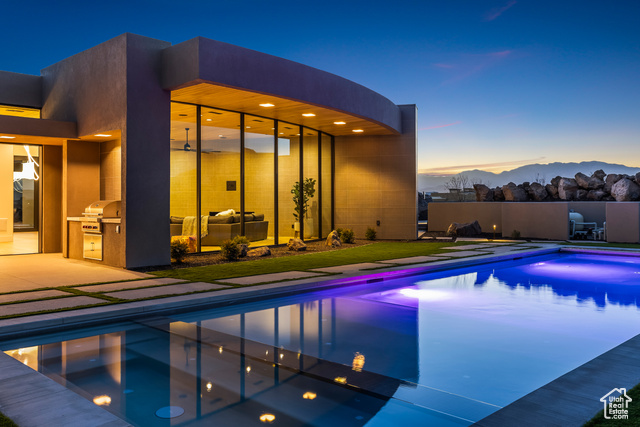
2031 N LAVA ROCK CIR #107, St George, UT
$4,185,000
Bedrooms: 4 Bathrooms: 5 Square feet: 5,404 sqft
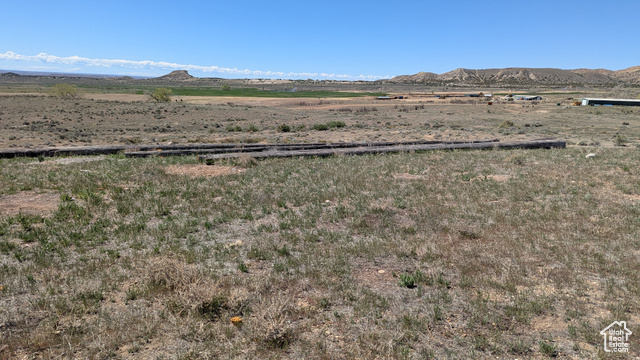
2098 E GOOSE RANCH RD, Vernal, UT
$103,000
Square feet: 274,864 sqft
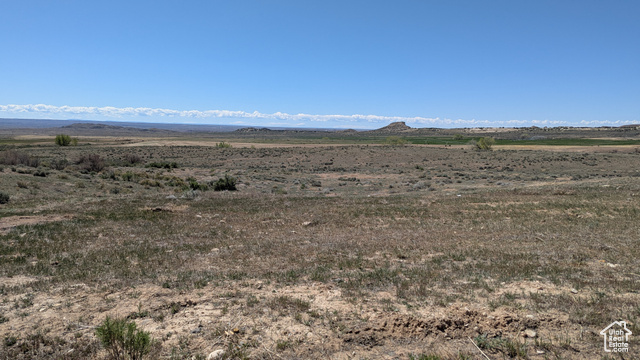
2148 E GOOSE RANCH RD, Vernal, UT
$116,000
Square feet: 309,276 sqft
The second thing is the ROI. I mentioned before that you've got to make sure the ROI is good enough
to do it. For an Airbnb to be good for a good short-term rental it must also have good ROI for
long-term rentals. The IRS provides guidance on tracking rental income and expenses for tax purposes. Don't just buy a house for a short-term rental if it can't meet long-term rental
conditions as well.
This brings me to the third point, do you actually want to use it? I personally love using my
rentals. If I was going to go pick a new market to do Airbnb in, I'd have to pick somewhere that has
a good ROI, friendly state and local laws, and it's somewhere I like to visit. If it has those three
things, then we're good to go. Personally, I have not done it yet because I know how difficult it is
to do just one market. It takes the same amount of work to have eight of them as it does for me to
go have one in a completely new market because now I need to go build my team. I got to go get a
cleaner, got to go get a handyman, contractors. I got to go learn the market. There are a lot of
headaches with going into a new market.
I would say, if you want to do this, pick the market you most want to be in and scale that market. I
used to have this dream of possibly owning a vacation home in everywhere I wanted to visit. Go own
one in Big Bear, own one in Tahoe, and own one in Hawaii. But when I realized how hard it was to
build it out in one city, I had no desire to open up multiple cities. I'll just go visit those
places when I want to go on vacation. I don't need to own real state there. It's not worth it. So I
would be looking at Airbnb more on the investment side than the fulfillment side for the most part,
because it does take work. You are running a business like we talked about. You're running a hotel
and having one hotel in all these different locations is difficult. You're dealing with multiple
employees, multiple people, and it's just usually not worth the headache. You're better off just
visiting and enjoying the city without owning real estate.
Those are the pros and cons. Those are how I choose one or the other in Utah's or any other
state's real estate market. There are a lot of things that go into it, but I love both
strategies.
If your looking for a licensed Utah real estate
agent give us a call at 435-414-8597
Related Articles:








